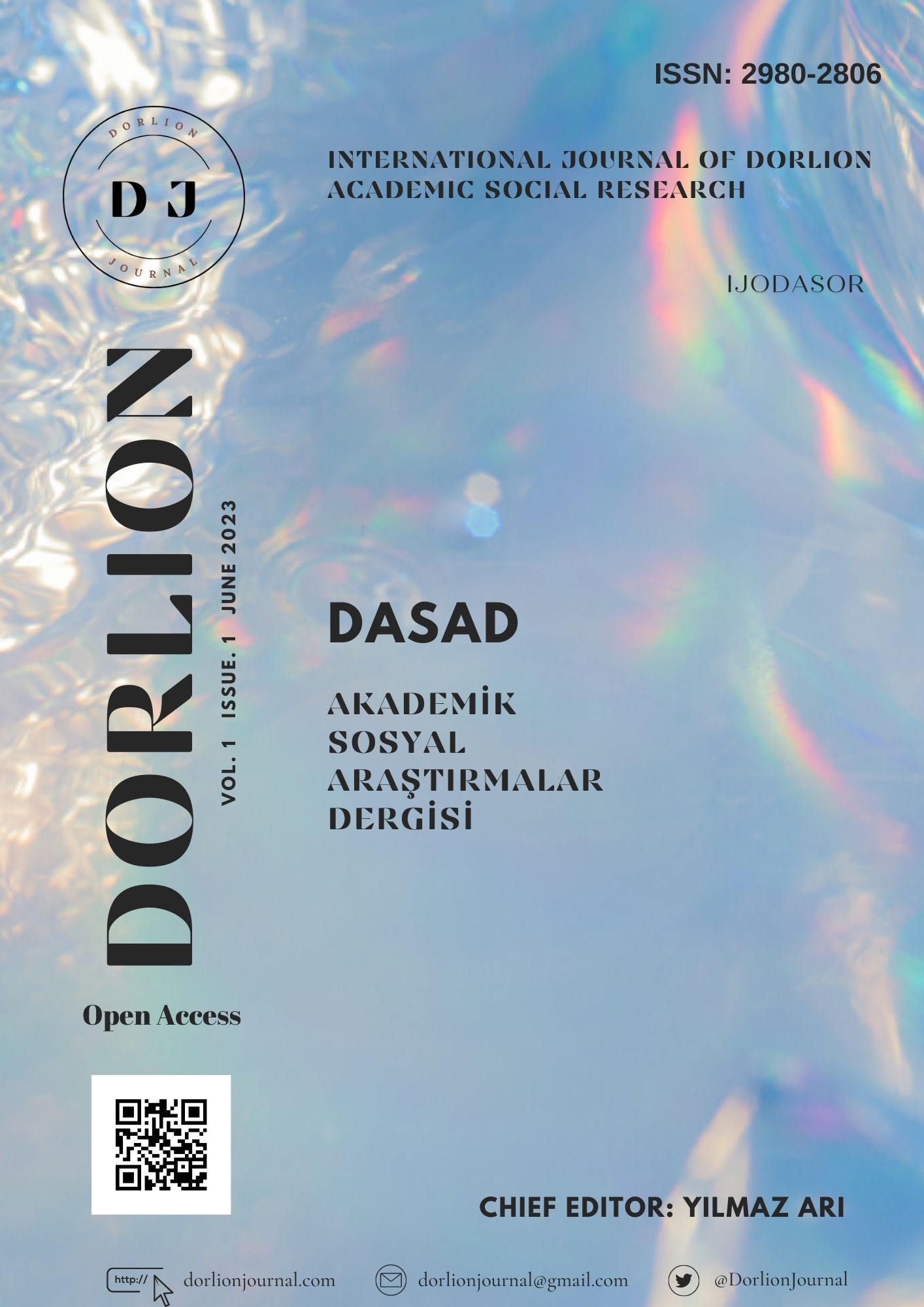Thesis Presentation And Evalauation: The Causes of Sorrow and Solutions in Islamic Moral Philosophy, Kader Okçu
DOI:
https://doi.org/10.5281/zenodo.8078305%20Keywords:
Philosophy, Sadness, Diseases of the Soul, HappinessAbstract
According to Islamic philosophers, man aims at happiness on earth. One achieves this goal by getting rid of sadness. Our study begins with the views of the Stoics, one of the ancient philosophers, towards this goal. Then, the views of Islamic Moral philosophers and the findings of psychologists who continue their work on sadness and happiness today are discussed. The nature of sadness, the reasons for its emergence, the emotional states that people feel in spite of cultural differences are emphasized. In the study discussed, it has been one of the most basic objectives to determine whether people's
perspectives and meanings against diseases that cause sadness and sadness have changed over time, in a chronological manner. For this purpose, the current field of psychology has been frequently used. In the study examined, diseases that cause feelings such as sadness, anxiety, fear, worry, which are at the center of all humanity from past to present, and the ways that people should follow in order to reach their main goal, happiness, have been determined. On the basis of Islamic tradition, it has been emphasized that sadness does not leave the person in a depressed state and has a supportive quality in the way of being a perfect believer.
References
Okcu, Kader. İslam Ahlak Felsefesinde Üzüntünün Nedenleri ve Çözüm Yolları. Danışman: Prof. Dr. Kamil SARITAŞ. Yayınlanmamış Yüksek Lisans Tezi, Eskişehir: Eskişehir Osmangazi Üniversitesi Sosyal Bilimler Enstitüsü, 2022.

Downloads
Published
How to Cite
Issue
Section
License
Copyright (c) 2023 Büşra ÖZKEÇECİ BULUT

This work is licensed under a Creative Commons Attribution-NonCommercial 4.0 International License.




